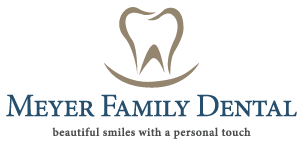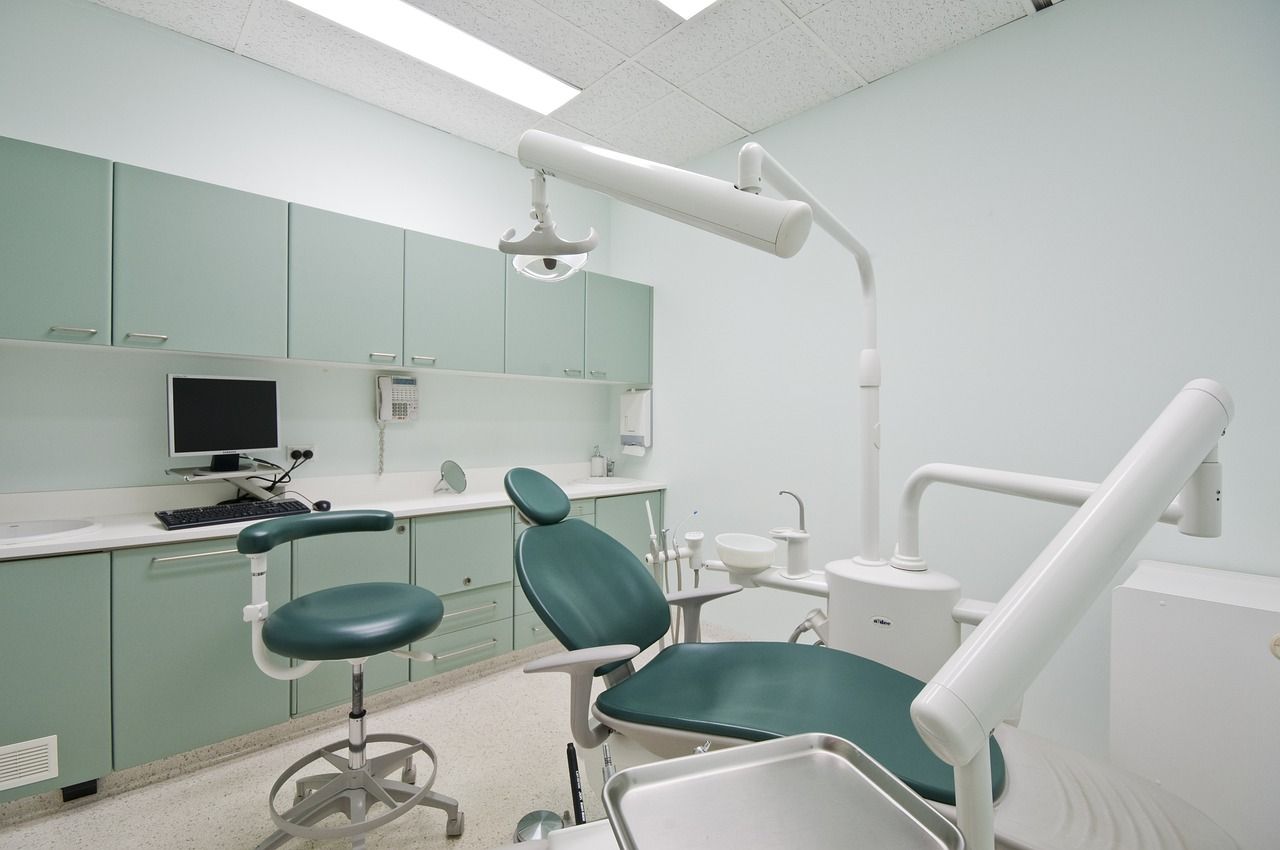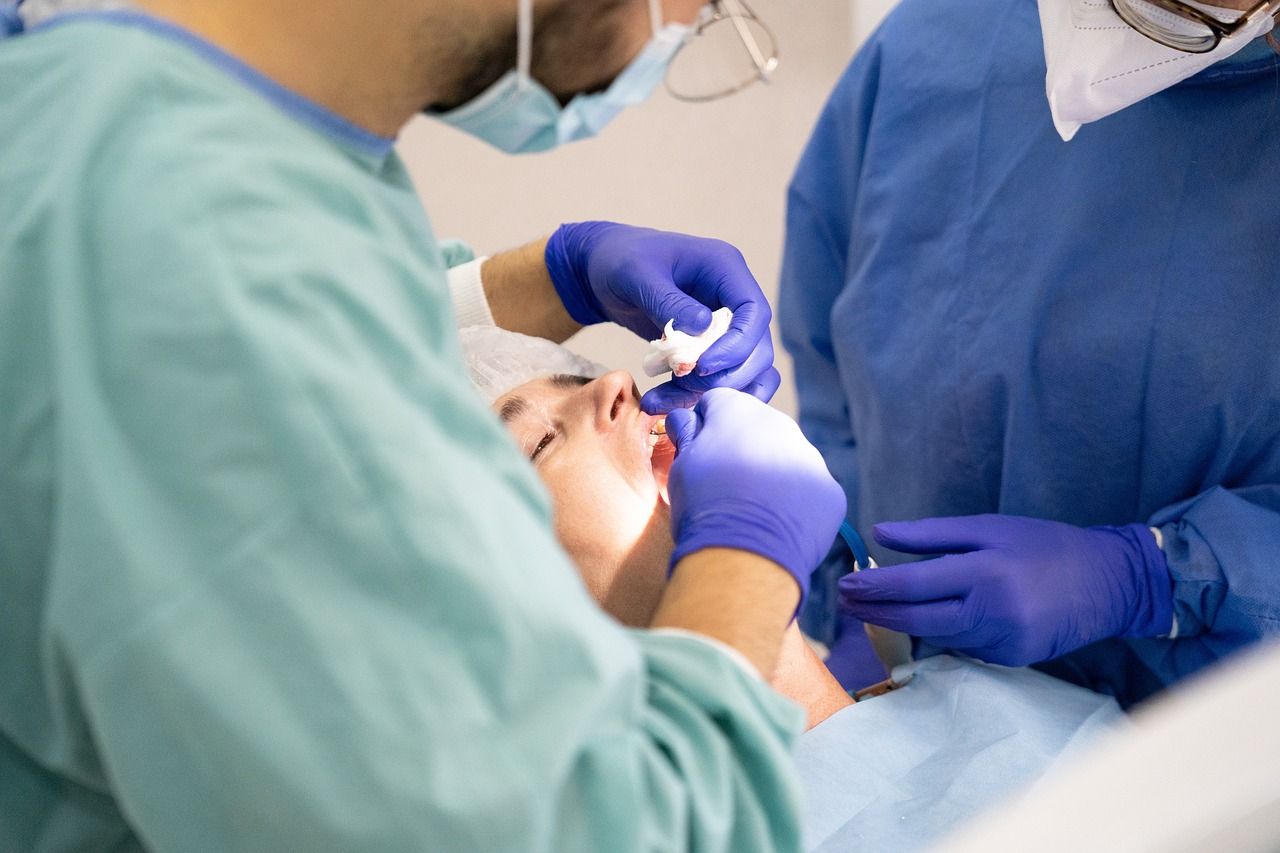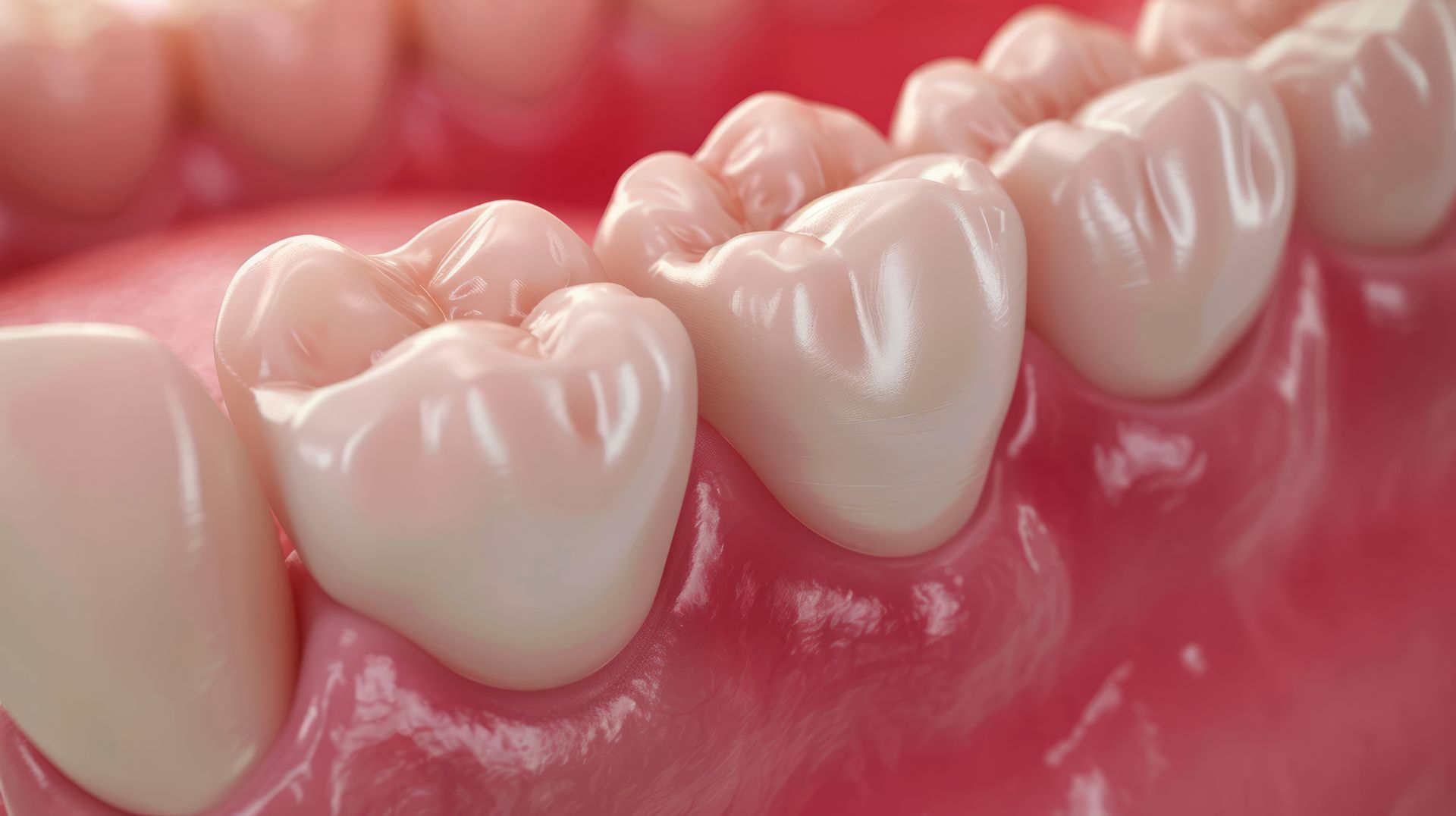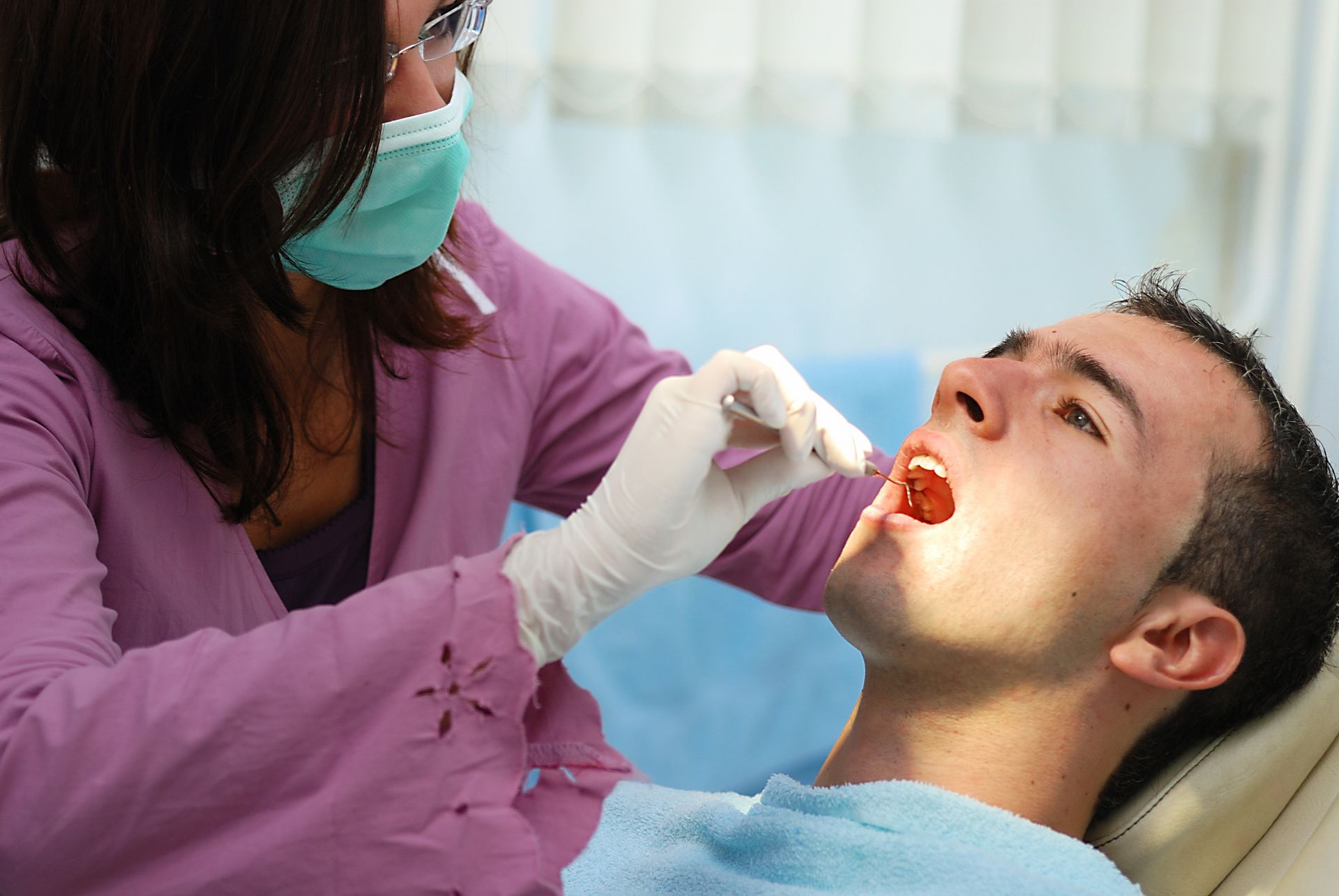Diet Do's and Don'ts for a Healthy Smile
Welcome to Meyer Family Dental, your trusted family dental clinic in West Haven, UT. We believe that a healthy smile starts with a balanced diet. What you eat affects not only your overall health but also the health of your teeth and gums. In this blog post, we'll explore the key dietary do's and don'ts to help you maintain a radiant and healthy smile. We'll cover five essential subtopics: foods to include in your diet, foods to avoid, the importance of hydration, how to snack smartly, and the role of vitamins and minerals.
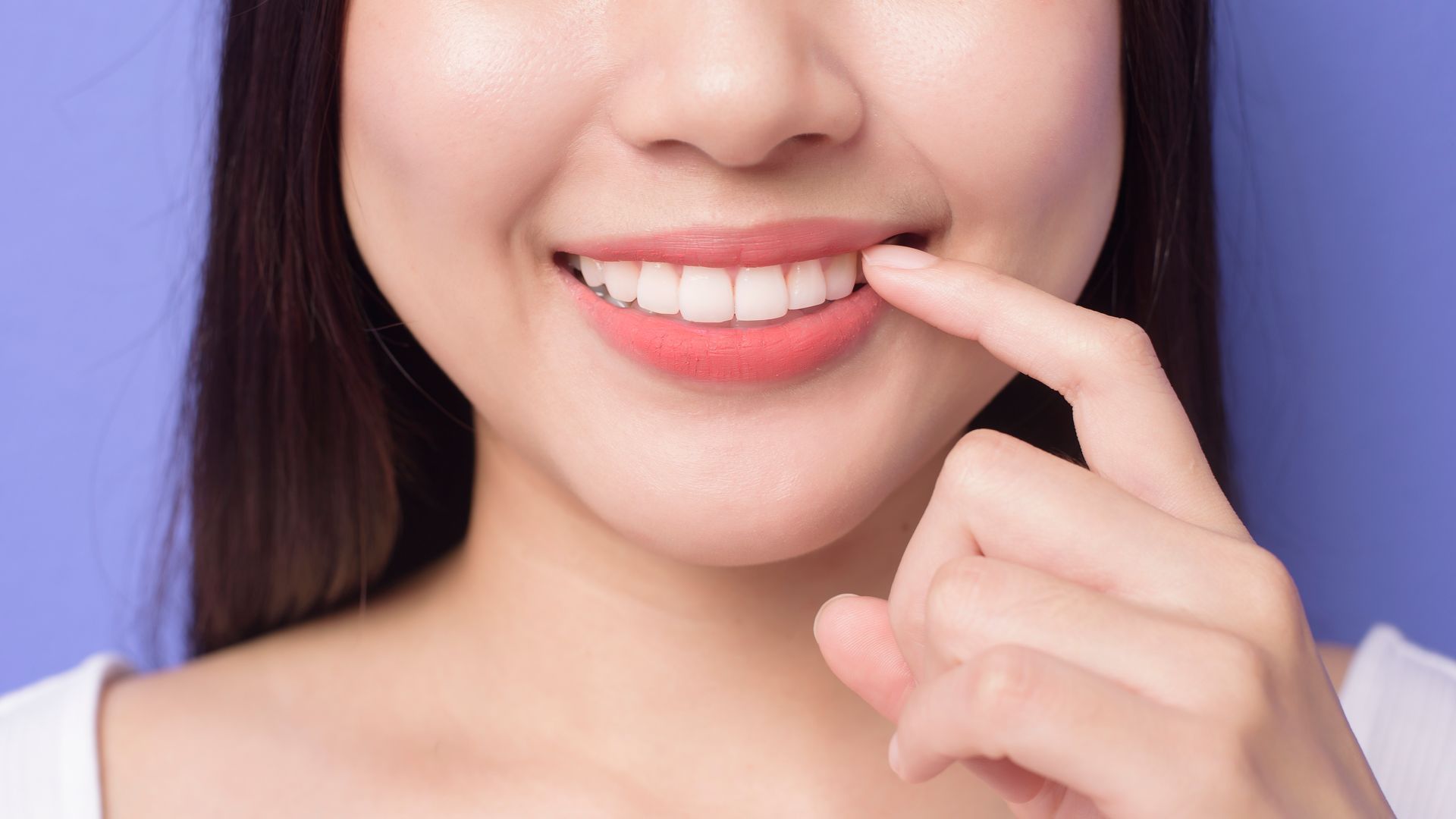
Slide title
Write your caption hereButton
Foods to Include in Your Diet
- Dairy Products
Dairy products like milk, cheese, and yogurt are excellent for your teeth. They are rich in calcium and phosphates, which help to strengthen and repair tooth enamel. Cheese also stimulates saliva production, which helps to neutralize acids in the mouth and wash away food particles.
- Fruits and Vegetables
Crunchy fruits and vegetables, such as apples, carrots, and celery, act like natural toothbrushes. They stimulate your gums and increase saliva flow, which helps to clean your teeth and reduce plaque buildup. Additionally, fruits like strawberries contain malic acid, which can naturally whiten your teeth.
- Nuts and Seeds
Nuts and seeds are not only nutritious but also beneficial for your dental health. They are packed with essential vitamins and minerals, such as calcium, magnesium, and phosphorous, which are crucial for maintaining strong teeth and bones. Almonds, walnuts, and sunflower seeds are particularly good choices.
- Lean Proteins
Lean proteins such as chicken, turkey, and fish are excellent sources of phosphorus and protein, both of which are essential for dental health. Phosphorus helps to rebuild tooth enamel, while protein helps to repair tissues and maintain the strength of your teeth and gums.
- Whole Grains
Whole grains like brown rice, oatmeal, and whole wheat bread provide essential nutrients such as B vitamins and iron. These nutrients promote healthy gums and prevent gum disease. Whole grains also have a lower glycemic index compared to refined grains, which helps to control blood sugar levels and reduce the risk of tooth decay.
Foods to Avoid
- Sugary Snacks and Beverages
Sugary snacks and beverages are the leading cause of tooth decay. When you consume sugar, bacteria in your mouth feed on it and produce acids that attack your tooth enamel. To protect your teeth, avoid candies, cookies, cakes, and sugary drinks like soda and fruit juices. Opt for water or milk instead.
- Sticky and Chewy Foods
Sticky and chewy foods, such as gummy candies, dried fruits, and caramel, can get stuck in the crevices of your teeth and are difficult to remove. These foods provide a constant source of sugar for bacteria, increasing the risk of cavities. If you do indulge in these treats, make sure to brush and floss your teeth thoroughly afterward.
- Acidic Foods and Drinks
Acidic foods and drinks, like citrus fruits, tomatoes, and vinegar-based dressings, can erode tooth enamel over time. These foods are great for a healthy diet, but be mindful of portion sizes. Rinsing with water afterwards can help wash away any lingering acids that might harm your teeth.
- Starchy Foods
Starchy foods like chips, bread, and pasta can break down into sugars in your mouth, feeding bacteria and leading to tooth decay. Choose whole grain options and pair them with other foods that stimulate saliva production to help wash away food particles.
- Alcohol and Caffeine
Excessive alcohol and caffeine consumption can lead to dry mouth, which reduces saliva production and increases the risk of tooth decay and gum disease. Limit your intake of alcoholic beverages and caffeinated drinks like coffee and energy drinks. Drink plenty of water to stay hydrated and stimulate saliva flow.
The Importance of Hydration
- Drink Plenty of Water
Water is essential for maintaining good oral health. It helps to rinse away food particles, bacteria, and acids that can harm your teeth. Drinking water also stimulates saliva production, which naturally cleanses your mouth and neutralizes acids. Make it a habit to drink water throughout the day, especially after meals and snacks.
- Avoid Sugary and Acidic Drinks
As mentioned earlier, sugary and acidic drinks can cause significant damage to your teeth. Instead of soda, fruit juices, and sports drinks, opt for water, milk, or unsweetened herbal teas. If you prefer sugary drinks, a straw can help reduce their contact with your teeth. Remember to rinse with water afterward for extra protection.
- Stay Hydrated with Water-Rich Foods
In addition to drinking water, you can stay hydrated by eating water-rich foods like cucumbers, watermelon, and oranges. These foods not only help to keep you hydrated but also contribute to your overall dental health by stimulating saliva production and providing essential nutrients.
The Role of Vitamins and Minerals
- Calcium and Phosphorus
Calcium and phosphorus are essential minerals for maintaining strong teeth and bones. For a healthy dose of essential minerals, consider incorporating dairy products, leafy greens, nuts, and fish into your diet. Make sure to include these foods in your diet to keep your teeth and gums healthy.
- Vitamin D
Vitamin D helps your body to absorb calcium and phosphorus, making it crucial for dental health. You can get vitamin D from sunlight, fortified foods like milk and cereals, and fatty fish like salmon and mackerel. Consider taking a vitamin D supplement if you're not getting enough from your diet.
- Vitamin C
Vitamin C is important for gum health. It helps to strengthen blood vessels and connective tissues, reducing the risk of gum disease. These superstar fruits and vegetables - citrus fruits, strawberries, bell peppers, and broccoli - are loaded with vitamin C, essential for a healthy body. Include these foods in your diet to support healthy gums.
- Vitamin A
Vitamin A helps to maintain the mucous membranes in your mouth, promoting saliva production and preventing dry mouth. Good sources of vitamin A include carrots, sweet potatoes, spinach, and fish. Eating a variety of colorful fruits and vegetables can ensure you're getting enough vitamin A.
- B Vitamins
B vitamins, particularly niacin and riboflavin, are important for oral health. They help to prevent mouth sores and inflammation. Whole grains, dairy products, leafy greens, and lean meats are good sources of B vitamins. Including these foods in your diet can help to keep your mouth healthy and free from infections.
Schedule Regular Dental Checkups with Meyer Family Dental
At Meyer Family Dental, we are committed to providing top-quality dental care to families in West Haven, UT, and the surrounding areas. Our experienced and friendly team is here to help you with all your dental needs, from routine cleanings and checkups to advanced restorative and cosmetic procedures.
If you have any questions or would like to schedule an appointment, please call us at
(801) 731-5600. You may check out our
services here. Trust Meyer Family Dental for a brighter, healthier smile.
FAQs
How often should I visit the dentist for a checkup?
For optimal oral health, schedule regular dental checkups and cleanings every six months. Regular visits help to detect and address any dental issues early, ensuring your teeth and gums stay healthy.
Can diet alone prevent cavities?
While a healthy diet plays a significant role in preventing cavities, it's also important to maintain good oral hygiene practices such as brushing twice a day, flossing daily, and visiting the dentist regularly.
Are there any foods that can naturally whiten my teeth?
Yes, certain foods like strawberries, apples, and celery can help to naturally whiten your teeth. These foods stimulate saliva production and contain natural compounds that can help to remove surface stains.
What should I do if I have a sweet tooth?
If you have a sweet tooth, try to satisfy your cravings with healthier options like fresh fruit or dark chocolate. It's also important to brush your teeth or rinse your mouth with water after consuming sugary foods to reduce the risk of cavities.
How can I protect my teeth from acid erosion?
To protect your teeth from acid erosion, limit your intake of acidic foods and drinks, rinse your mouth with water after consuming them, and wait at least 30 minutes before brushing your teeth. Drinking through a straw can also help to minimize contact with your teeth.
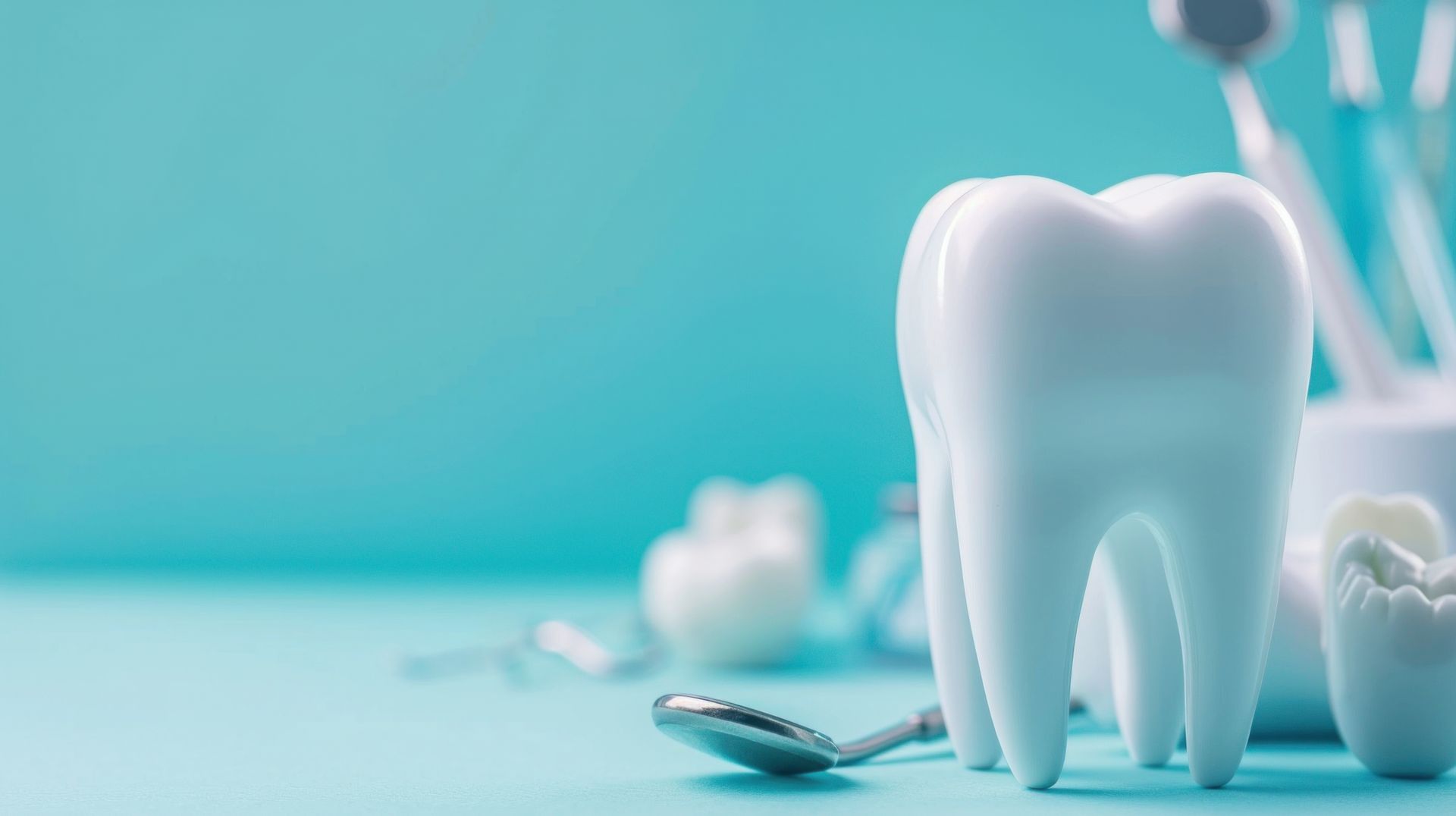
Meyer Family Dental
4645 Midland Drive, Suite #1
West Haven, UT 84401
Business Hours
- Mon - Wed
- -
- Thu - Fri
- -
- Sat - Sun
- Closed
Service Area
Meyer Family Dental | All Rights Reserved
